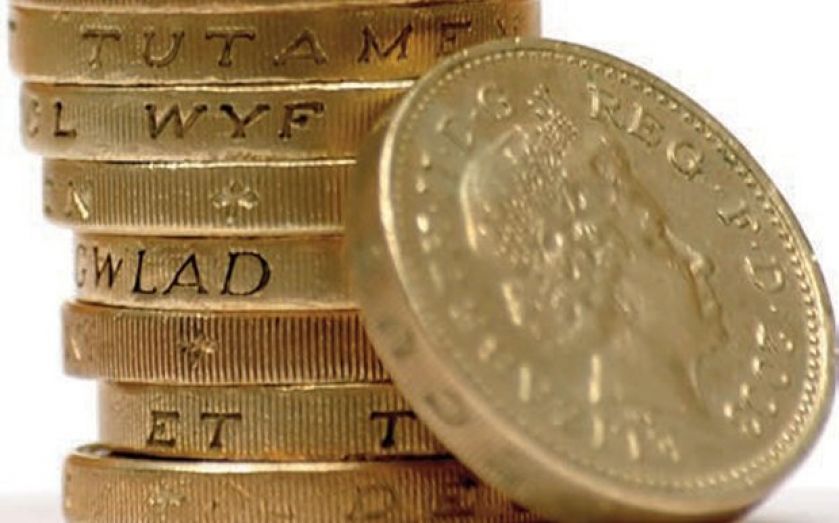Why deflation could prove bad news for your pension

WITH falling oil prices and a weak euro both contributing to lower prices for many goods, we saw the headline rate of inflation in the UK fall to just 0.5 per cent in December – the joint lowest on record.
There is a technical but important argument going on among economists, statisticians and officials on exactly how best to measure inflation, with at least four different measures doing the rounds. Being an actuary and, at heart, a pure mathematician, I quite like statistics, but many people suspect subterfuge when too many are bandied around. Yet whether you think inflation is only 0.5 per cent or 1.2 per cent, it does look as though there will be some respite, however temporary, from sharply rising prices.
DEFINED BENEFIT
Yet if the low inflation we are currently experiencing turned into deflation, what would happen to pensions?
Final salary pensions are calculated by a formula related to pay and years of service, and often increase each year in line with some measure of inflation. For most of these types of schemes, if there is deflation or negative inflation, the pension will stay flat and not decrease.
While that is good news for those receiving the pension, it is bad news for those paying it. Deflation is usually accompanied by falling share prices and zero rates of return on deposits. In the Eurozone, we have five-year bonds paying less than zero return. Given that a biscuit tin under the bed pays more than that, it would seem that markets are expecting some serious credit risks in that area in the future.
The costs of running final salary or defined benefit pension schemes continues to increase, and I doubt whether there will be any left in the private sector within a year or two. Further, the cost of providing historic pension promises will act as a burden on the companies that promised them for their staff, thereby reducing shareholder returns.
INVESTMENT RETURNS
Given the effect of deflation on share prices, if your pension depends on investment returns, falling prices aren’t likely to be good news either.
It is in troubled economic times, however, that professional investment managers earn their corn. But a good fund manager is hard to pick – we can all see who the winners have been, but who is going to do well in future? However difficult the actual selection may be, the efficacy of good managers is one reason why I personally don’t have all my pension in low cost market trackers. I believe that some experts can add value to my investments, and have split my money 50/50 between an active and passive investment strategy.
INFLATION RISKS
But is deflation really all that likely? We may well see low inflation and interest rates over the short term, but I always keep an eye on the market implied rate of inflation for the long term. You can do this yourself too by looking at the 15-year gilt yield and taking off the 15-year index-linked gilt yield. Under this approach, the market is pricing inflation to average a shade over 3 per cent per annum over the next 15 years. If inflation is likely to stay at about 1 per cent for the near future, then it implies we will see inflation return to over 4 per cent at some point in the next 15 years.
So don’t write off inflation. All this quantitative easing has to be worked out of the system at some point, and inflation is my personal bet for how it will be done.
Given this probability, make sure you have your essential expenses covered by sources of secure income such as the state pension, final salary pensions, and even the much-maligned annuity.
State pensions and final salary pensions have valuable inflation protection. So with the former, you should ensure you maximise your entitlement. And with the latter, think twice about giving up an inflation-linked final salary pension for cash.
Alan Higham is retirement director at Fidelity Worldwide Investment.